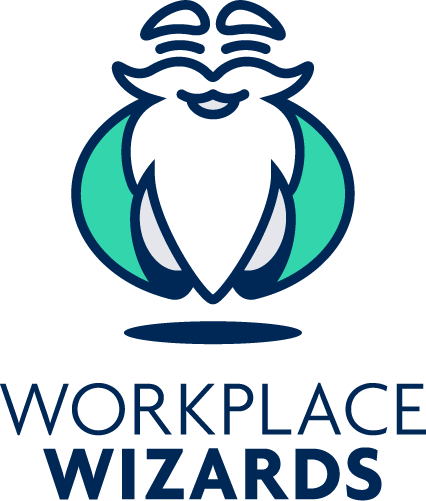Purchasing a business can be a challenging task involving lawyers, memorandums of understandings, contracts and many ‘back and forth’ meetings between parties. The level of complexity increases where there is a ‘transfer of business’, and employees transfer their employment from the seller’s business to the buyer’s business. This article focuses on the obligations of sellers and buyers during a transfer of business under the Fair Work Act 2009 (Cth) (“FW Act”).
Consultation
For the vast majority of employees in Australia, a modern award or enterprise agreement will apply to their employment. All modern awards and enterprise agreements must contain a clause requiring an employer to consult with its employees where a definite decision has been made to introduce “major workplace change”. This clause is typically relied on when employers are going through a company restructure or redundancy process. The same applies to the sale of a business.
Once employees have been consulted regarding the proposed sale of business and had opportunity to ‘have their say’, the seller then confirms the sale will go ahead. Depending on the needs of the buyer, they may chose to transfer all, some or none of the employees across to the buyer.
Redundancy Pay
Under the FW Act, the general rule is that an employee of a business with more than 15 employees and who has greater than 12 months continuous service is entitled to redundancy pay if their position is no longer available. However, s 122 of the FW Act sets out conditions which may limit the need to provide redundancy in the case of a transfer of employment:
- The employee is offered ‘suitable and alternative’ employment within the buyer’s business; and
- The buyer recognises the employee’s service with the previous business.
If the employee refuses ‘suitable and alternative’ employment in the buyer’s business, they will not be entitled to redundancy pay – because a ‘more or less’ same job has been provided to them.
There is no obligation for the buyer to bring across employees when they purchase the business. However, as this may prevent the seller from offering ‘suitable and alternative’ employment, this may trigger the need for the seller to provide redundancy pay.
Can a buyer refuse to recognise the employee’s previous service?
The general rule is that if an employee transfers employment to the buyer, their previous service will be recognised by the buyer. However, s 22(5) of the FW Act sets out that the buyer may decide to not recognise their service for the purposes of redundancy pay and annual leave. This may, of course, trigger the need for the seller to pay out these entitlements. Whether the buyer chooses to recognise the employee’s previous service impacts on the obligations of the seller to those employees. These costs need to be considered in the sale of business and may add to the complexity of the sale of business. Is your head starting to spin yet? Wait, it gets worse.
What about leave entitlements? (annual, personal and long service leave)
If the buyer decides to not recognise the employee’s service with the previous employer (eg for the purposes of annual leave), if the employee transfers across, personal leave and long service leave accruals will likely transfer with that employee. Generally, both personal leave and long service leave cannot be ‘cashed out’ as they are entitlements that must be ‘taken’. You may need to refer to the employee’s modern award of enterprise agreement for the specifics on how to treat these leave accruals.
While it is possible for the buyer to refuse to recognise the employee’s previous service for the purposes of annual leave and redundancy pay, the added complexity of then needing to recognise their previous service for other entitlements (such as personal leave and long service leave) often make this option more trouble than it’s worth – particularly given that all of these costs can be ‘worked into’ the sale of business price.
Therefore, when a buyer is going to bring across employees from the seller to the new business, as a general rule, we recommend recognising the employee’s previous service, but reduce the sale of business price by these leave entitlement liabilities.
Conclusion
Transfer of business is a particularly complex area of industrial law. The decisions that sellers and buyers make may lead to inadvertent consequences, including having an impact on the purchase price of the business. Workplace Wizards regularly assists both buyer and seller clients navigate through this process and work with party’s commercial lawyers/experts to reduce the time and ‘headaches’ this process brings.
If you are wanting to sell or buy a business and want to know more about this process call us on 0458 6444 69 for specialist advice.




0 Comments Leave a comment
Comments are closed.